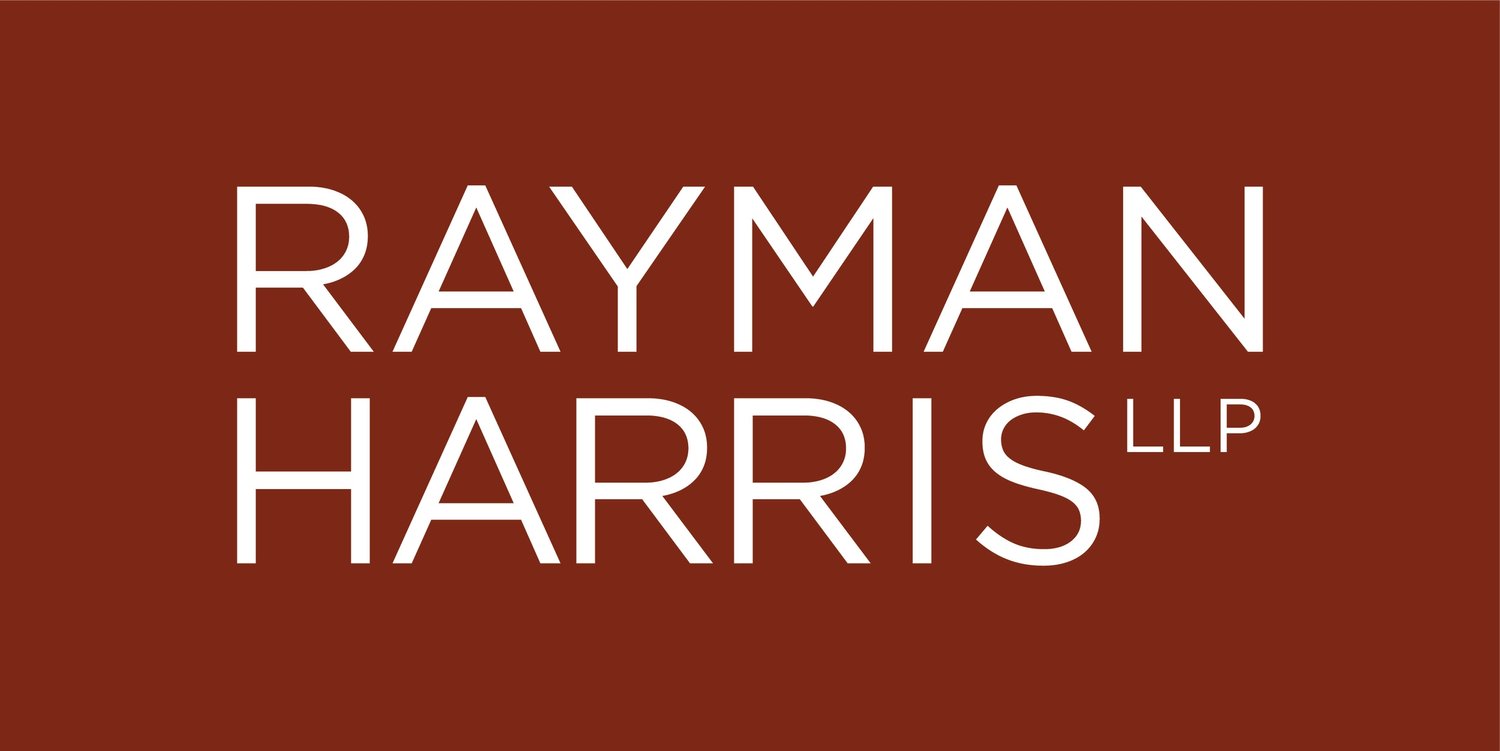Ontario Land Tribunal Limits Participant Status in Expropriation Proceedings
The Tribunal’s Decision
McDonald’s Restaurants of Canada Limited (“McDonalds”) owns land and operates a restaurant in Vaughan at 4535-4555 Highway 7. Part of that land was expropriated for a road widening. McDonalds advanced a claim for compensation before the Ontario Land Tribunal (“OLT”) in accordance with the Expropriations Act.
As a preliminary issue, McDonalds brought a motion in accordance with the Tribunal’s Rules of Practice and Procedure seeking the issuance of a Procedural Order prescribing the various exchange dates to govern a hearing of merit on the issues set out in its Statement of Claim. It also sought a Confidentiality Order pursuant to Rules 19.1 and 22.2 of the Tribunal’s rules.
The Regional Municipality of York (the “Region”) sought an adjournment to allow consideration of the assertion that Metrolinx, the purported ultimate beneficiary of the taking, and as such, the agency liable for any compensation awarded in favour of the Claimant, be given an opportunity to retain counsel and seek Participant status in the Motion as it pertained to the Confidentiality Order.
Prior to the commencement of the scheduled motion, the Tribunal considered the request and provided written direction to the parties that it was “not satisfied that the circumstances of Metrolinx’s interest in this case meet the high threshold to warrant the granting of status in a land compensation matter” (para 4). It directed Metrolinx to provide evidence of its interests or involvement in the project that are relevant to the determination of compensation through the Region as the expropriating authority, including evidence about the Region’s Funding Partnership with Metrolinx for the road widening project.
In spite of this direction, the Region pursued an adjournment of McDonalds’ motion for a Confidentiality Order on the basis that Metrolinx was not served with the materials and that it was properly a party with standing in the matter.
The Tribunal disagreed. It stated in its reasons that it was “gravely concerned” about creating any expectations that participants may seek a role in expropriation matters (para 8). It was the Tribunal’s expectation that the Region would have filed affidavit evidence to support its position with respect to notice to Metrolinx and clarify what liability, if any, Metrolinx had in the proceeding.
The Tribunal found instead that the Region had frustrated the Claimant’s ability to clarify the purported relationship between the Region and Metrolinx dating back to before the issuance of the Statement of Claim (para 6).
It scheduled a continuance of the motion hearing and directed the parties to follow and agreed upon timetable for the conduct of the motion.
Key Takeaways
The Ontario Land Tribunal is tasked with the adjudication of claims and proceedings under several different statutes. For example, it adjudicates appeals made pursuant to the Planning Act, RSO 1990, c. P.13, claims pursuant to the Expropriations Act, RSO 1990, c. E-26, and appeals pursuant to the Conservations Authorities Act, RSO 1990, c. C.27.
In some types of cases where the Tribunal acts as an appeal body, its rules permit individuals to seek “party status” or “participant status”.
In planning matters, Rule 8.3 of the Tribunal’s Rules of Practice and Procedure provides that persons who are not the appellant may seek “party status” to participate in planning appeals arising under subsections 17(24), 17(36), 34(19) or 51(39) of the Planning Act. Non-appellant parties may only participate in those appeals by “sheltering under an issue raised by an appellaant party” and “may participate fully in the proceeding to the extent that the issue remains in dispute”. A non-appellant party may only participate in these appeals of municipal decisions by sheltering under an issue raised in an appeal by an appellant party and may participate fully in the proceeding to the extent that the issue remains in dispute. A non-appellant party has no independent status to continue an appeal should that appeal be withdrawn by an appellant party. Party status is typically granted when the Tribunal is satisfied that the person seeking status “could assist in resolving the issues identified” (see e.g., G Group Major Mackenzie Inc v Vaughan (City), 2022 CanLII 101384 at para 6).
Participant status is different from “party” status as it limits the participatory rights available in the proceeding. Rule 7.7 provides that participants may file a written statement that sets out their position on the appeal and the issues of the proceeding, together with an explanation of their reasons in support of their position. The Rules provide that a participant may only make submissions to the Tribunal in writing unless otherwise provided for by an Act or regulation. Participants may also attend hearing events, per Rule 4.1.
In this case, the Tribunal distinguished land compensation cases under the Expropriations Act from planning and other appeals by suggesting that there is no basis to seek “participant” status in such a proceeding. This is consistent with Rule 26 of the Tribunal’s rules, which set out a different set of procedural requirements in land compensation cases. Key differences include the requirement for pleadings mirroring those in the civil litigation context, the availability of discovery, the application of associated discovery rules, and the automatic importation of the Rules of Civil Procedure, RRO 1990, Reg 194 (see Rule 26.16).
The Tribunal’s decision in McDonalds confirms longstanding practice that the only proper parties to an expropriation case are the claimant and the expropriation authority. Moving forward, this decision will clarify that where there are multiple public bodies working together to implement a public works project it is unlikely that project partners will receive leave to the Tribunal to participate in the land compensation proceeding unless named specifically as a Respondent in the proceeding.
Blog Post by Sarah Spitz
*Shane Rayman and Brynn Leger were counsel for McDonalds


